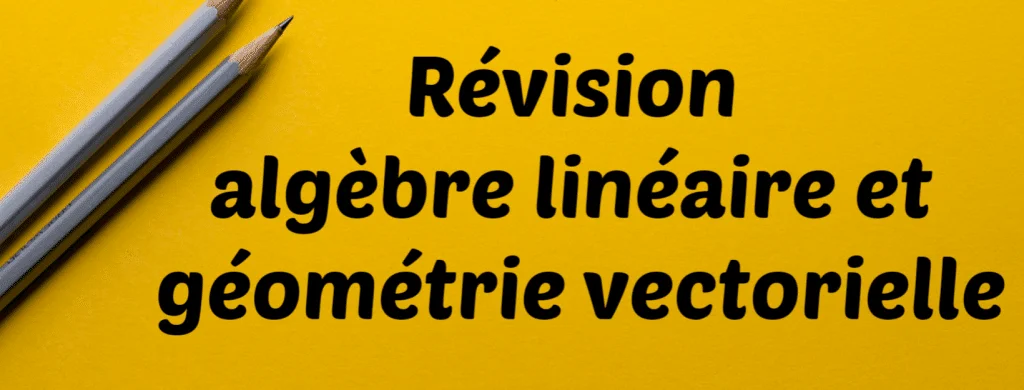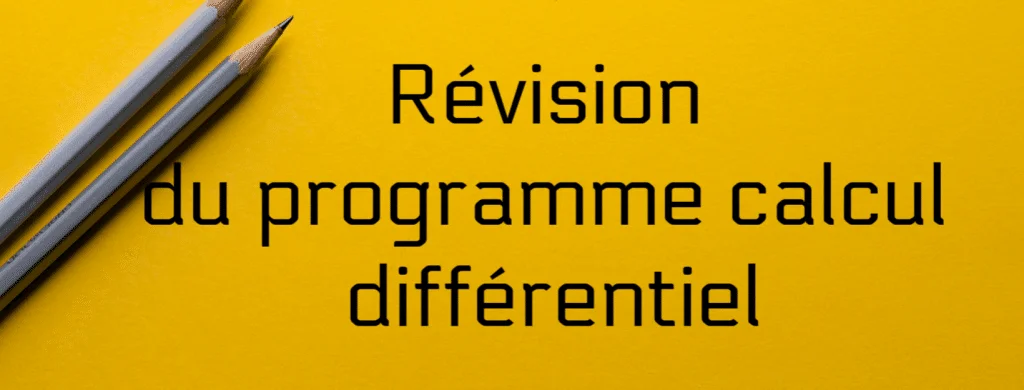Fifth year of secondary school
That’s it, high school no longer holds any secrets for you! Five years have gone by and it’s time to move on to the next stage of your life. You’ve learned an impressive number of new things in French. So here’s a review of French in Grade 5. This knowledge is in line with the Quebec Education Program, available on the Ministry of Education and Higher Education of Quebec website.
Literary genres studied in secondary 5
By the end of Secondary 5, students have studied all literary genres. In this final year, he has been taught the following: information capsules on the language or on Francophone culture, cartoons, debates, discussions, open letters, poems or songs, links with culture and society, and stories. In addition, he saw literary works adapted for the screen, engaged literary works (comics, fables, monologues, novels, etc.), psychological or sociological novels, reports, analytical texts and texts of complementary or contradictory argued opinion.
The weighting on the Secondary 5 report card is different from that of Secondary 1 to 4. It is as follows Read and appreciate a variety of texts (40%), write a variety of texts (50%) and communicate orally in a variety of ways (10%).
The Ministry of Education exam
In Secondary 5, students must pass the ministerial French test, which is designed to verify their mastery of written French. This assessment, which accounts for up to 50% of the student’s overall grade, generally takes place in May and June. What will be assessed? Your ability to write a variety of texts, and to support what you say with justifications and arguments. For full details, consult the French test sheet here.
Reading strategies
No preparation is necessary for this exam. If you’ve mastered all the knowledge you’ve been taught throughout high school, you’ve got everything you need to pass! However, practice never hurts. You’ll find some useful writing strategies right here.
To help you
Here you’ll find a cyber-revision video to help you prepare for the Secondary 5 French writing test.
With a touch of humor, this evergreen video demystifies the transition from high school to college.
By the end of Secondary 5, your child should be able to :
- Correctly use the lexicon in compound place names (e.g., Mont Blanc, Boulevard Henri-Bourassa) and hyphenation.
- Recognize antithesis (e.g.: history is beautiful, reality is less so), euphemism (e.g.: an emerging country for a poor one), hyperbole (e.g.: Je suis crevée!; C’est un pic, c’est un cap, c’est une péninsule [pour le nez]!, Edmond Rostand) and metonymy (e.g.: Ces jeunes s’en vont à la mort pour à la guerre).
- Recognize determinative and explanatory relative subordinate phrases, their differences and punctuation.
- Recognize and use reprise procedures, such as substitution (by a synthetic term (e.g.: Wars, famines, genocides → All these horrors of humanity).
- Recognize the enunciator’s point of view in relation to the subject, or mark his or her attitude in the use of reprise (e.g.: Le chômage qui sévit… Ce grave problème social).
- Recognize and distinguish between emphatic, impersonal and passive sentences.
- Use specialized dictionaries: dictionaries of anglicisms, new words, etc.
- Recognize the fulfilled or unfulfilled aspect of verbs in the indicative tenses, regardless of the chronological situation of the event: fulfilled aspect in verbs in compound tenses (e.g.: fulfilled in the past: Quand le loup eut frappé…); unfulfilled aspect in verbs in simple tenses (e.g.: unfulfilled in the past: Le loup frappa…).
- Recognize free indirect discourse: words are reported in an independent sentence, generally without special punctuation (e.g.: Claire informs her father. She’ll be late, her tent was flooded and she’s been waiting for help).
- Master all verb tenses learned throughout high school, both reading and writing.
- In poems, recognize enjambment, rejection and the link with meaning.
- Recognize and correctly tune special cases of adjectives: adjectives of color (e.g.: light blue walls; canary yellow sheets) and adjectives such as demi, nu, possible, etc. Students should also be able to use reference works.
Finally, the 5th year of secondary school is an important one, preparing students for their final year before vocational training. It’s the time to double up on your studies and assimilate all the material. Here you’ll find French revision exercises of all kinds, covering everything seen in high school.
Reading strategies
Since reading is an important part of Secondary 5, here are some strategies to help students develop their reading skills:
-Orient reading according to intentions and needs (what information should the student extract from the text?)
-Determine how to read (overview or complete reading, taking into account what is required in the assignment).
-Plan one or more ways of noting significant elements (reactions, questions, associations, sources consulted, quotations, unifying concepts).
-Activate general or specific knowledge (of the text and author, for example, and recognize particular effects in the text that enable particular effects to be created).
-Determine the elements to be considered (What is the subject and genre of the text? Who is the author?).
-Anticipate content from clues (back cover, table of contents)
-As you read, identify the information that emerges from the text, its new ideas (what do I learn from reading this text?).
-Develop a lexical field around the theme to identify all related information.
-Draw up a table of all the information that emerges from the text, according to each paragraph.
And here are some tips for effective reading!
Eager to pass the French test? Dictations are the perfect preparation. You’ll find a selection here and here for practice.
MMES also offers this site, where you can access digital books, both fiction and non-fiction, written by French-speaking authors from Quebec, Canada and around the world. All you have to do is select secondary 5 and the desired level of difficulty. You can also enter keywords on themes of interest to your child.
Essential skills for high school:
French in high school :
- Revision of French in Secondary 1
- Revision of French in Secondary 2
- Revision of French in Secondary 3
- Revision of French in Secondary 4
- Revision of French in Secondary 5
- Become a high school French tutor
- Find a French or French as a second language tutor
High school mathematics :
- Revision Secondary 1 mathematics
- Revision Secondary 2 mathematics
- Revision Secondary 3 mathematics
- Revision of the mathematics technico sciences program (TS4)
- Revison of Culture, Society and Technology (CST4)
- Revison of the mathematics and natural sciences program (SN4)
- Revision of the mathematics technico sciences program (TS5)
- Revison of the mathematics natural sciences program (SN5)
-
- Tips to make homework easier
- Becoming a high school math tutor
- Find a math tutor
- Find an algebra tutor
- Find a science tutor
- Find a biology tutor
- Find a physics tutor
- Find a chemistry tutor
Secondary 4 History
English as a second language in secondary schools :
-
- Secondary Cycle 1 English as a Second Language
- Secondary Cycle 2 English as a Second Language
- Become an ESL tutor at the secondary level
- Tips to make homework easier
Reference :
- Ministry of Education and Higher Education of Quebec http://www.education.gouv.qc.ca/enseignants/pfeq/secondaire/
- http://www.education.gouv.qc.ca/fileadmin/site_web/documents/education/jeunes/pfeq/PFEQ_francais-langue-enseignement-premier-cycle-secondaire.pdf













